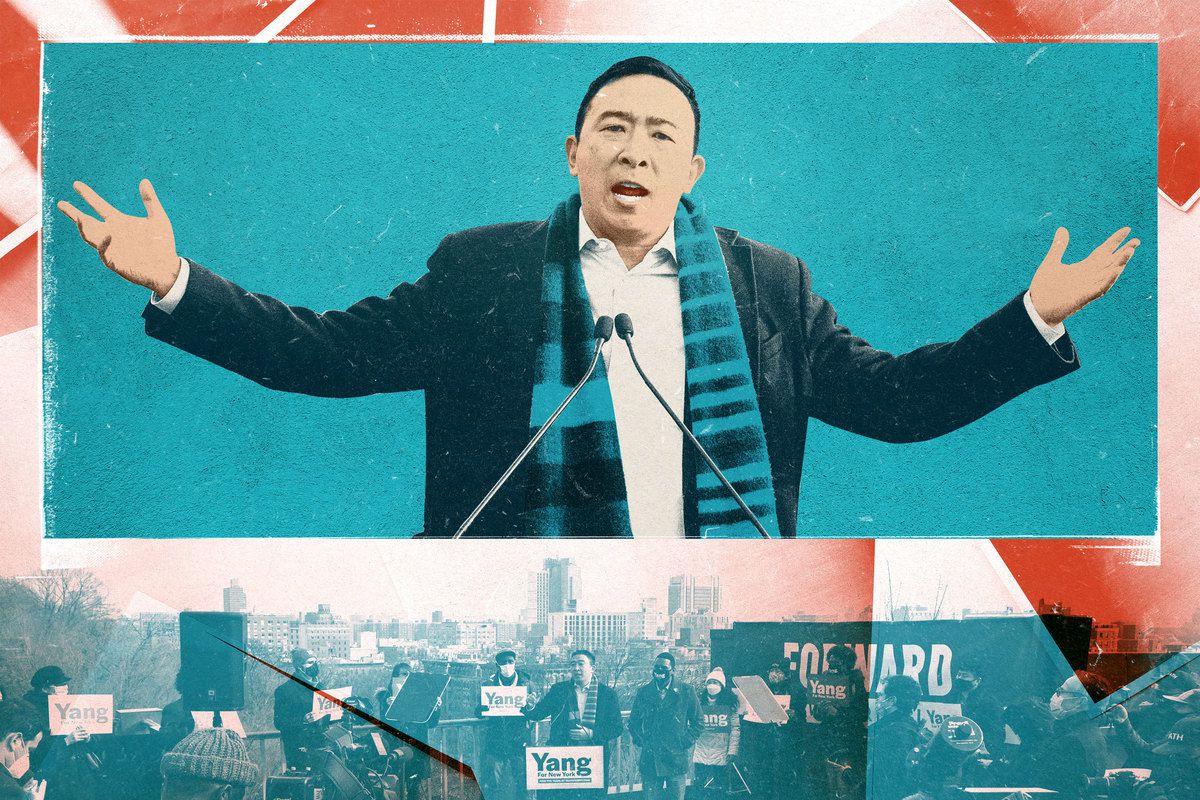The crowded 2020 Democratic presidential primaries yielded a couple dozen losers. We can sort them into tiers. Vermont Senator Bernie Sanders distinguished himself from the rest of the field by how close he came to overtaking Joe Biden in the earliest statewide contests. The second tier includes former California Senator Kamala Harris, Massachusetts Senator Elizabeth Warren, New Jersey Senator Cory Booker, and former Texas Representative Beto O’Rourke—the already-famous politicians who nonetheless struggled to exceed single-digit support in most polls. The third-tier losers include breakout figures such as former South Bend, Indiana, Mayor Pete Buttigieg, former Hawaii Representative Tulsi Gabbard, and entrepreneur Andrew Yang. Last, and least, we might recall the forgotten candidates: California Representative Eric Swalwell, Ohio Representative Tim Ryan, and Colorado Senator Michael Bennet, among others.
Biden selected Harris as his vice president, and he eventually made Buttigieg his secretary of transportation; those were the biggest consolation prizes for the president’s former rivals. Sanders, Warren, Booker, and Bennet returned to the Senate. Yang remains an outsider in Democratic politics; he didn’t receive a consolation prize from the Biden administration, but it’s hard to call him a loser in the grand scheme. Two years ago, Yang was a political novice. He now stumps across the country. A couple of weeks ago, Yang launched his campaign for mayor of New York City. (The current mayor, Bill de Blasio, made his own brief and inglorious run for the Democratic presidential nomination last year. The previous mayor, Mike Bloomberg, also ran, failing faster and harder than de Blasio.) Though he’s a top-tier candidate in the mayoral race—a far cry from his standing in the presidential primary—Yang’s campaign has had a rough start. Yang, a New York City resident, defended his decision to relocate to upstate New York during the COVID-19 lockdowns last spring. He provoked a long and frivolous argument about the distinction between bodegas and delis. Still, he’s leading a crowded race that so far has more than 30 candidates.
Yang based his presidential campaign, in large part, on his advocacy for a universal basic income, a plan that awarded $1,000 per month in federal stipends for every taxpayer, which he billed as the “Freedom Dividend.” He was never a credible contender—his campaign often seemed designed to promote UBI more than the candidate—but he proved himself to be quite thoughtful about important economic trends, such as industrial automation. Yang called this “profound economic transformation” a “fourth industrial revolution,” and it formed the basis for his concerns about the working class. While his rivals panicked about Donald Trump, Yang panicked about technological upheavals in the 21st century. It’s his general urgency, and not just about UBI in particular, which informs the peculiar passion in the otherwise marginal support for his political vision.
While campaigning for president, Yang complained about his limited inclusion in the primetime debates. Months after he suspended his campaign and endorsed Biden, Yang had to beg for a speaking role at the Democratic National Convention. The party seemed determined to suppress the outsiders, such as Yang and Gabbard, in the primaries—at least that’s what Yang and his supporters claimed. Yang never polled higher than 5 percent support in national surveys during the primaries, and yet his 5 percent encapsulated the most worrisome demographics for Democrats: disillusioned moderates and younger voters—specifically, young men. “If you voted for Trump or didn’t vote at all back in 2016, I get it,” Yang said at the Democratic National Convention. That said, Yang doesn’t always sound so sensible. He spent most of his speaking time in the presidential debates telling dad jokes delivered for easy and pointless applause. In his interviews, he makes a far more thoughtful and lasting impression. But his debate performances always struck me as signs of a candidate struggling to choose between being a technocrat and being a meme.
In his mayoral bid, Yang has recalculated his “Freedom Dividend,” targeting 500,000 New York City residents with $2,000 stipends each year. “We will lift hundreds of thousands of New Yorkers out of extreme poverty, putting cash relief directly into the hands of the families who desperately need help right now,” Yang says. It’s tempting to read the modification of his signature proposal—from $12,000 per year for the national population to $2,000 per year for 6 percent of New Yorkers—as a shriveling of his political imagination. But we could all stand to rethink Andrew Yang’s approach to politics given his peculiar standing. He’s a marginal but enviable figure. He’s got five months to campaign like a frontrunner—like a guy who might really, seriously be elected to public office within the next several months—before the Democratic primary election on June 22. He’s no longer a meme and, perhaps, no longer a loser.
